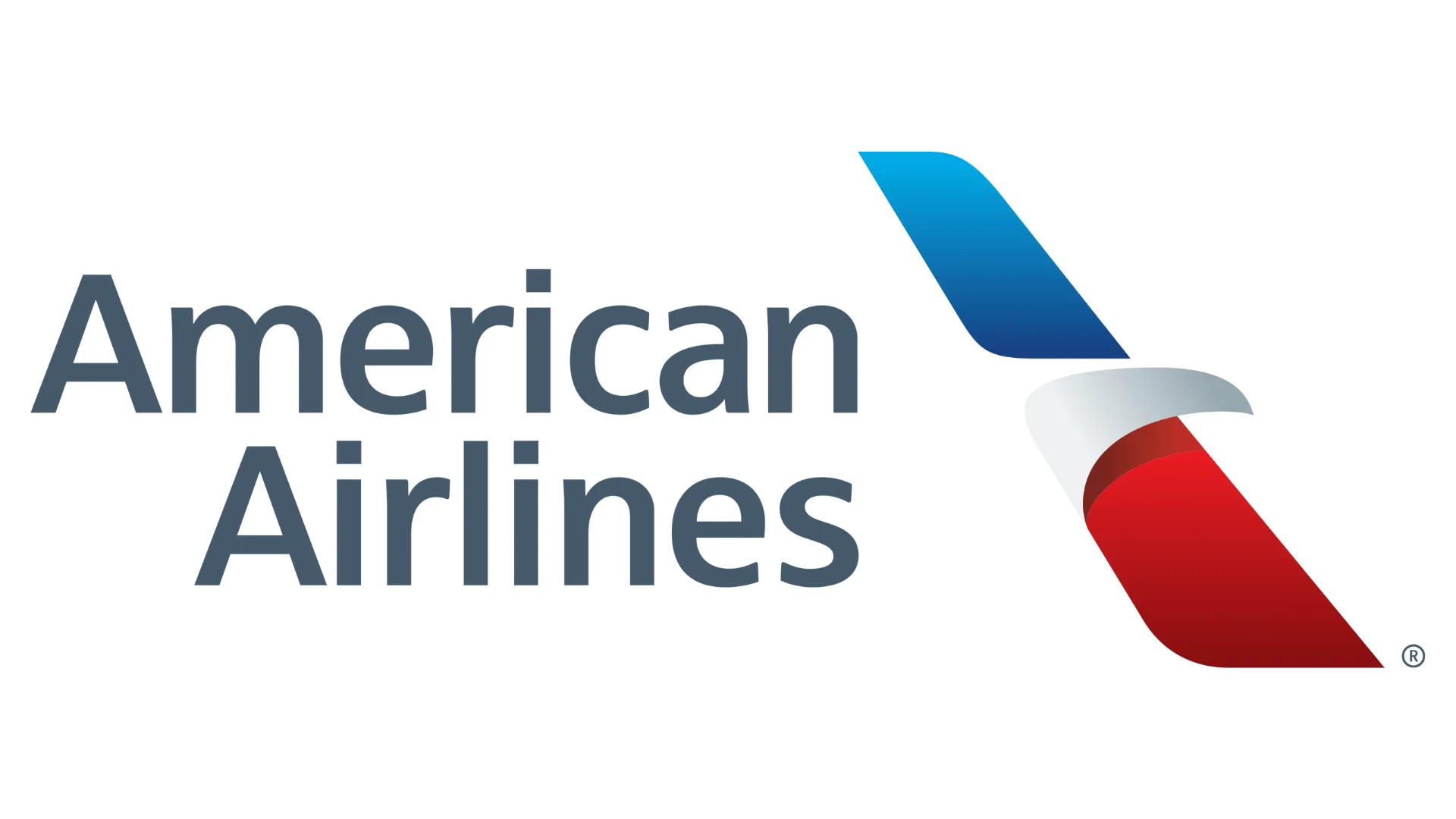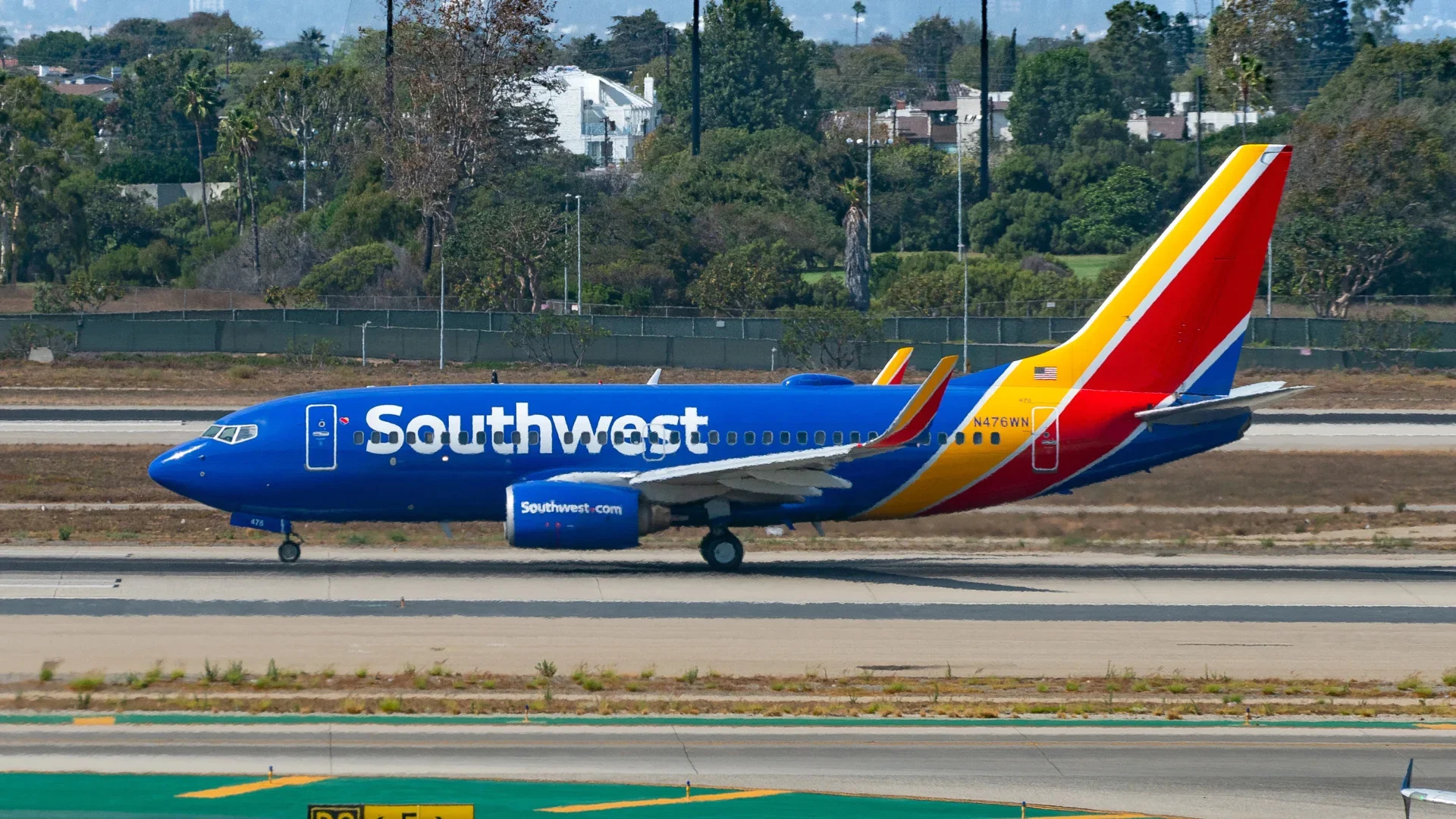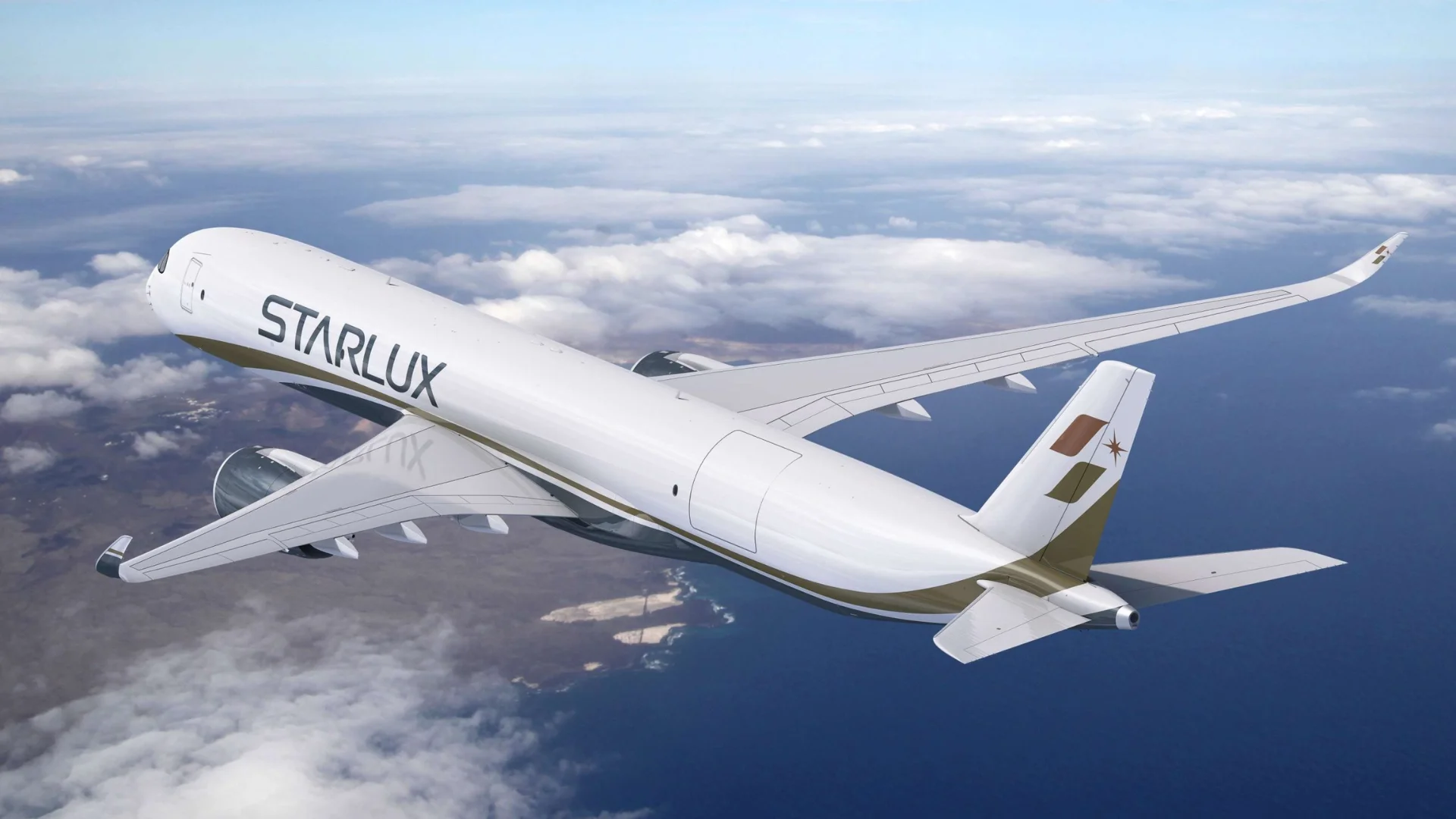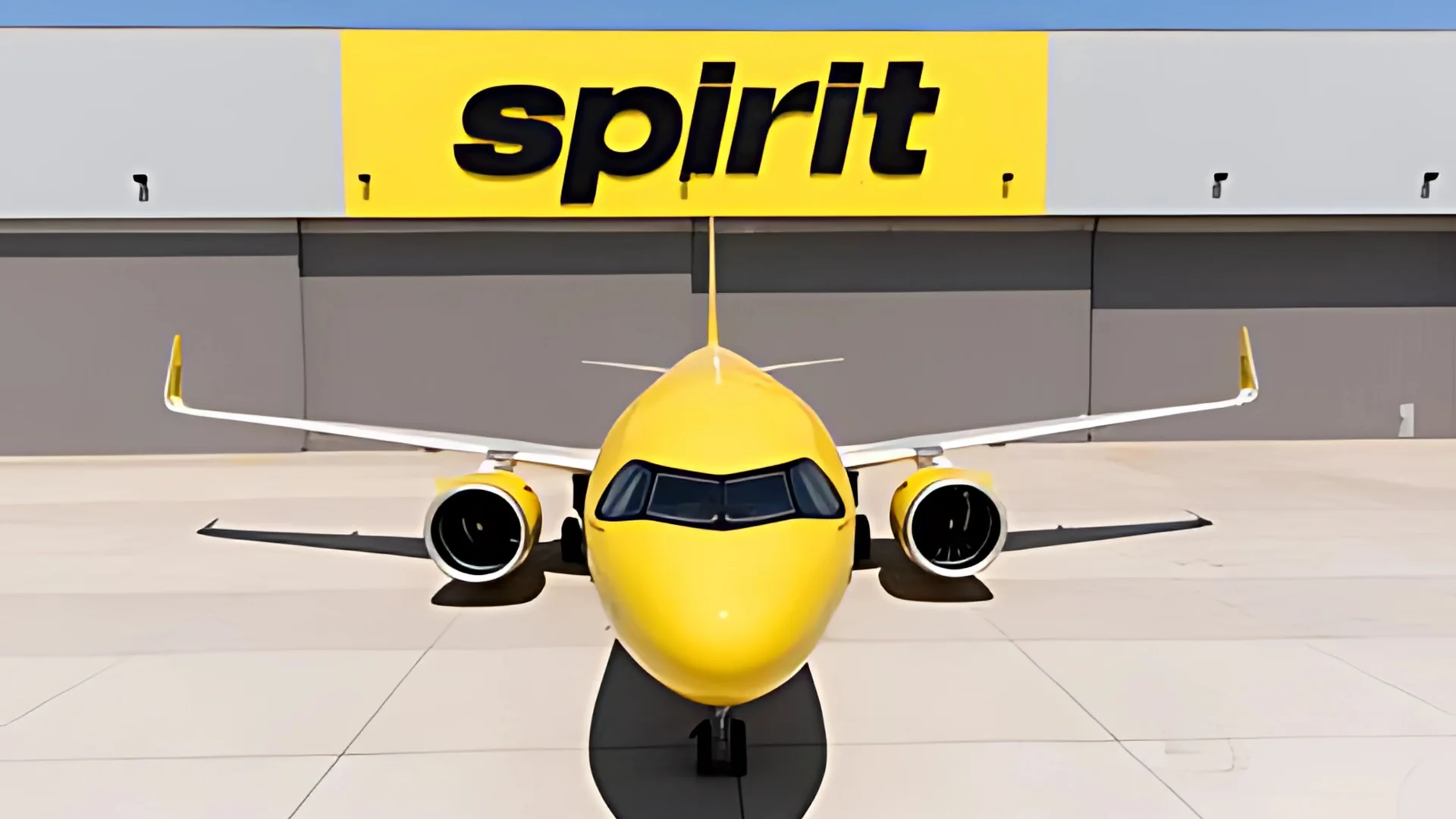After a week of minimal developments in the fuel sector, significant challenges remain in the quest to replace 100LL aviation gasoline. The three main candidates vying for approval face various obstacles, from technical issues to market acceptance.
General Aviation Modifications Inc (GAMI) has received an FAA Supplemental Type Certificate (STC) for its high-octane G100UL fuel, theoretically making it usable in any gasoline engine aircraft except helicopters. However, GAMI's decision not to pursue an ASTM specification has led fuel distributors to refuse carrying it. Despite FAA assurances on its quality and performance, distribution remains a bottleneck.
LyondellBasell is navigating the Piston Aviation Fuels Initiative (PAFI) process aiming for "fleet authorization" and an ASTM specification. Daniel Pourreau, LyondellBasell spokesman, stated: "The only testing programs specifically designed to identify and address these limitations are the PAFI and EAGLE programs." He emphasized that UL100E is the only unleaded fuel currently undergoing full-scale testing under PAFI's stringent requirements.
 Alerts Sign-up
Alerts Sign-up







